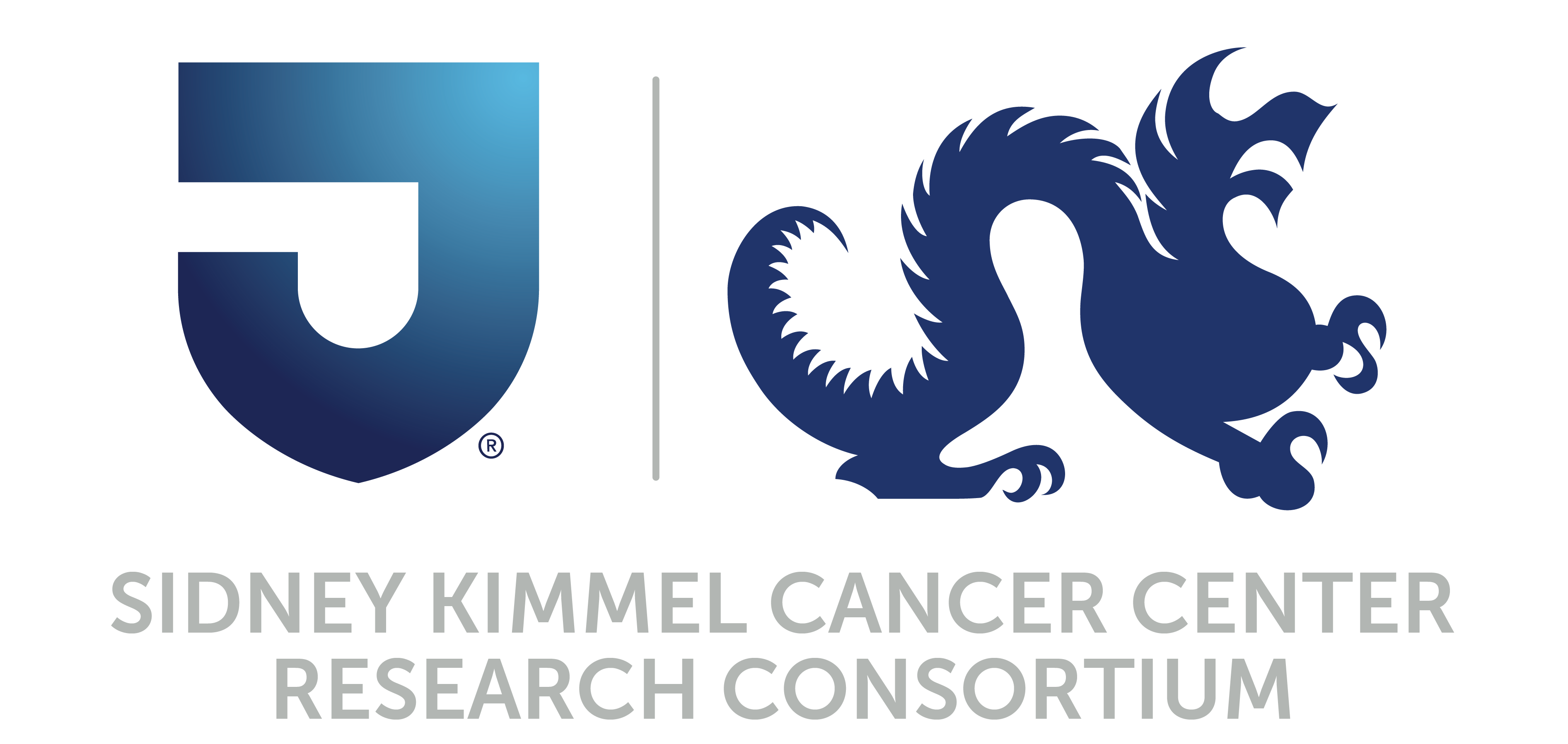
Dr. Kelly on the Rationale for Combining Radium-223 and Niraparib in mCRPC

William Kevin Kelly, DO, discusses the rationale for a phase 1b dose-finding study evaluating the combination radium-223 dichloride and niraparib in patients with metastatic castration-resistant prostate cancer.
William Kevin Kelly, DO, professor of medical oncology and urology, Thomas Jefferson University, and director of the Division of the Solid Tumor Oncology at Sidney Kimmel Cancer Center, discusses the rationale for a phase 1b dose-finding study (NCT03076203) evaluating the combination radium-223 dichloride (Xofigo) and niraparib (Zejula) in patients with metastatic castration-resistant prostate cancer (mCRPC).
Studies suggest that PARP1 and PARP2 are key regulators in the androgen receptor signaling pathway, says Kelly. Moreover, the pathway plays a critical role in the transition to advanced CRPC.
Previous research has established the activity of PARP inhibitors in mCRPC and, in some cases, has shown a survival improvement, says Kelly. For example, niraparib demonstrated favorable single-agent activity and safety for patients with mCRPC.
Initial findings from a phase 1b dose-escalation trial presented during the 2020 ASCO Virtual Scientific Program showed that the combination of niraparib and radium-223 was safe in patients with mCRPC.




































